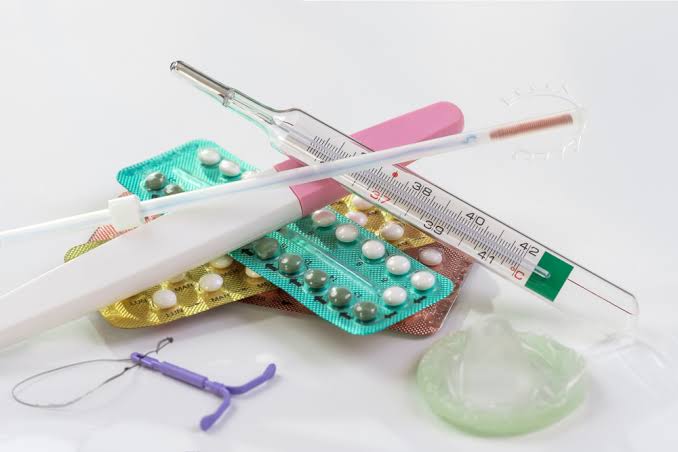
How do Emergency Contraceptive Pills Work?
Emergency contraceptive pills, also known as morning-after pills, are a type of birth control method that can be used in emergency situations. These pills are most effective at preventing pregnancy when they are taken as quickly as possible after unprotected sex.
Emergency contraceptive pills (ECPs) or morning-after pills can help keep one from getting pregnant if she had sex without using protection or if the birth control method did not work. Available without a prescription, ECPs can work when taken within three to five days of unprotected sex, but are most effective when consumed immediately after intercourse.
Read on to know more about emergency contraceptive pills like i pill, their benefits and side effects, and more.
More About Emergency Contraception?
Most emergency contraceptive pills contain one of two types of medicine, including:
- Levonorgestrel (available over the counter)
- Ulipristal acetate (need prescription)
Notably, ECPs are different from abortion pills (like mifepristone and misoprostol) that are used to end an early pregnancy in a treatment called medical abortion. Further, morning-after pills do not stop or harm a pregnancy if consumed by an expecting mother.
How Do Emergency Contraceptive Pills Work?
Emergency contraceptive pills do not reverse pregnancy. Studies have displayed that emergency contraceptive pills work mostly by preventing or delaying ovulation (the release of an egg from the ovary). Notably, if a woman does not ovulate, she can’t get pregnant.
Less commonly, ECPs may prevent fertilisation of the egg by the sperm if ovulation has already happened.[1]
When to Use Emergency Contraceptive Pills?
Emergency contraceptive pills can help prevent pregnancy in women who:
- Did not use their regular type of birth control method during sex
- Missed doses of daily birth control pills
- Were sexually assaulted
- Used birth control method that did not work
Side Effects of Emergency Contraception
Though rarely serious, the side effects of consuming ECPs include:
- Headache
- Abdominal pain
- Tiredness (fatigue)
- Dizziness
- Nausea and vomiting
- Breast pain and tenderness
- Changes to one’s normal menstrual cycles (period might be earlier or later than normal)
- Light vaginal bleeding (spotting)
- Pain or cramping in the abdomen
Also, it is to be noted that the side effects are usually mild and do not last long.
Effectiveness of Morning-after Pills
Each type of emergency contraceptive pill has its own effectiveness. Let’s dive deeper to learn what studies have to share about them.
- Levonorgestrel: Levonorgestrels, like i pill, must be taken within the first 72 hours (or three days) after unprotected sex. Studies state that it can be around 94 percent effective if consumed in the first 24 hours and about 58 percent helpful if taken within 72 hours.
- Ulipristal Acetate: This option can be taken up to 120 hours (or five days) after sex. Research shows that it can be as high as 98 percent effective if taken in the first 24 hours. And, it is about 85 percent effective when taken within 120 hours.
- Combined Birth Control: It is the least effective emergency contraception.
Why Do Morning-after Pills Fail?
Here are the most common reasons behind the failure of emergency contraceptive pills.
- Delay in taking emergency contraception
- Vomiting within two hours of taking the pill
- Levonorgestrel may be less effective when a woman is overweight, but pills containing ulipristal seem to work the same regardless of higher body mass index (BMI)s
- Interaction with other medications (like certain barbiturates) makes the pill less effective
By and large, emergency contraceptive pills are a type of birth control method that can help prevent pregnancy after sex if the regular protection didn’t work or wasn’t used. Notably, morning-after pills like i pill are not meant to be a couple’s main method of birth control; it is a backup option only.
